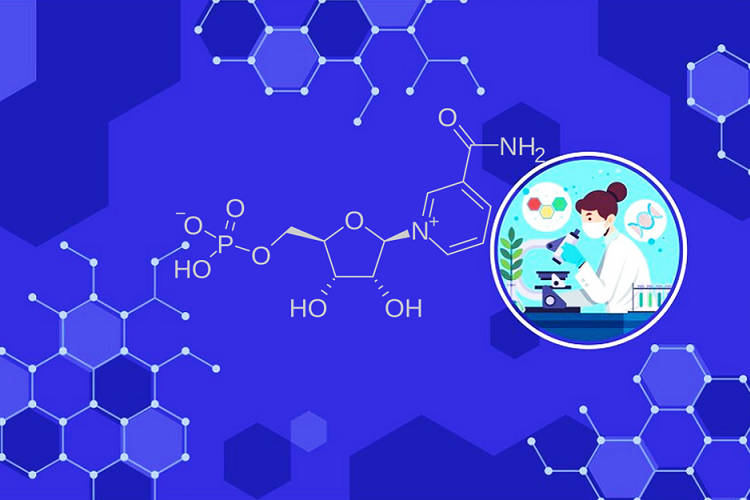Understanding the science behind Nicotinamide Mononucleotide (NMN) is crucial in the realm of anti-aging and wellness research. NMN, a derivative of niacin, is found in various foods and plays a significant role in the production of NAD+, a vital molecule in cellular energy and repair processes. This guide aims to delve into the scientific aspects of Nicotinamide Mononucleotide, shedding light on its potential benefits, mechanisms of action, and ongoing research, providing a comprehensive understanding of this intriguing compound.

The Role of NMN in Cellular Health
At the core of NMN’s benefits is its role in enhancing NAD+ levels in the body. NAD+, or Nicotinamide Adenine Dinucleotide, is essential for various cellular processes, including energy production and DNA repair. As we age, NAD+ levels naturally decline, leading to a decrease in these critical cellular functions. It serves as a precursor to NAD+, meaning it contributes to increasing the NAD+ levels in the body. This enhancement can potentially reverse or slow down some aging processes at the cellular level.
Research has shown that supplementing with NMN can effectively raise NAD+ levels, thus supporting cellular health and resilience. Studies in animals have demonstrated improvements in energy metabolism, increased physical activity, and even enhanced longevity. These findings have led to a surge in interest in NMN supplements, with ongoing research focusing on translating these benefits to humans.
Potential Health Benefits of NMN

One of the most exciting aspects of NMN research is its potential impact on various age-related conditions. Preliminary studies suggest that NMN supplementation could improve cardiovascular health, boost cognitive function, and even aid in weight management. This is primarily attributed to the enhanced cellular energy and repair mechanisms driven by increased NAD+ levels.
Additionally, It has been linked to improved insulin sensitivity and blood sugar regulation, factors crucial in managing and preventing type 2 diabetes. These benefits, although primarily observed in animal studies, offer promising avenues for human research and potential therapeutic applications in the future.
Safety and Dosage Considerations
While the benefits of NMN are promising, it’s essential to consider safety and dosage. Currently, It is available as a dietary supplement, and research on its long-term safety is ongoing. Most studies to date have reported no significant adverse effects, but it’s crucial to approach supplementation cautiously, especially in the absence of established dosage guidelines.
The appropriate dosage of NMN can vary depending on several factors, including age, health status, and individual goals. As research progresses, more precise recommendations are expected to emerge, helping individuals optimize NMN supplementation for maximum benefit.
Ongoing Research and Future Directions
The field of NMN research is rapidly evolving, with new studies continually adding to our understanding of its mechanisms and potential applications. Researchers are particularly interested in its effects on aging-related diseases, longevity, and overall healthspan. Clinical trials in humans are underway, aiming to validate the findings observed in animal studies and explore the full spectrum of NMN’s benefits.
Future research is also expected to explore the synergistic effects of NMN with other compounds and lifestyle interventions. This holistic approach could unlock new strategies for health optimization and age-related disease prevention, making NMN a key component in the anti-aging toolkit.
Conclusion
In conclusion, NMN represents a fascinating and promising area in the science of aging and wellness. Its role in boosting NAD+ levels and supporting cellular health is at the heart of its potential benefits. While further research is needed to fully understand its effects and optimal usage in humans, NMN stands out as a compound of significant interest for those seeking to enhance their healthspan and combat the effects of aging. As we continue to unravel the intricacies of NMN and its impact on the human body, it holds the promise of contributing significantly to the field of anti-aging and preventative medicine.



